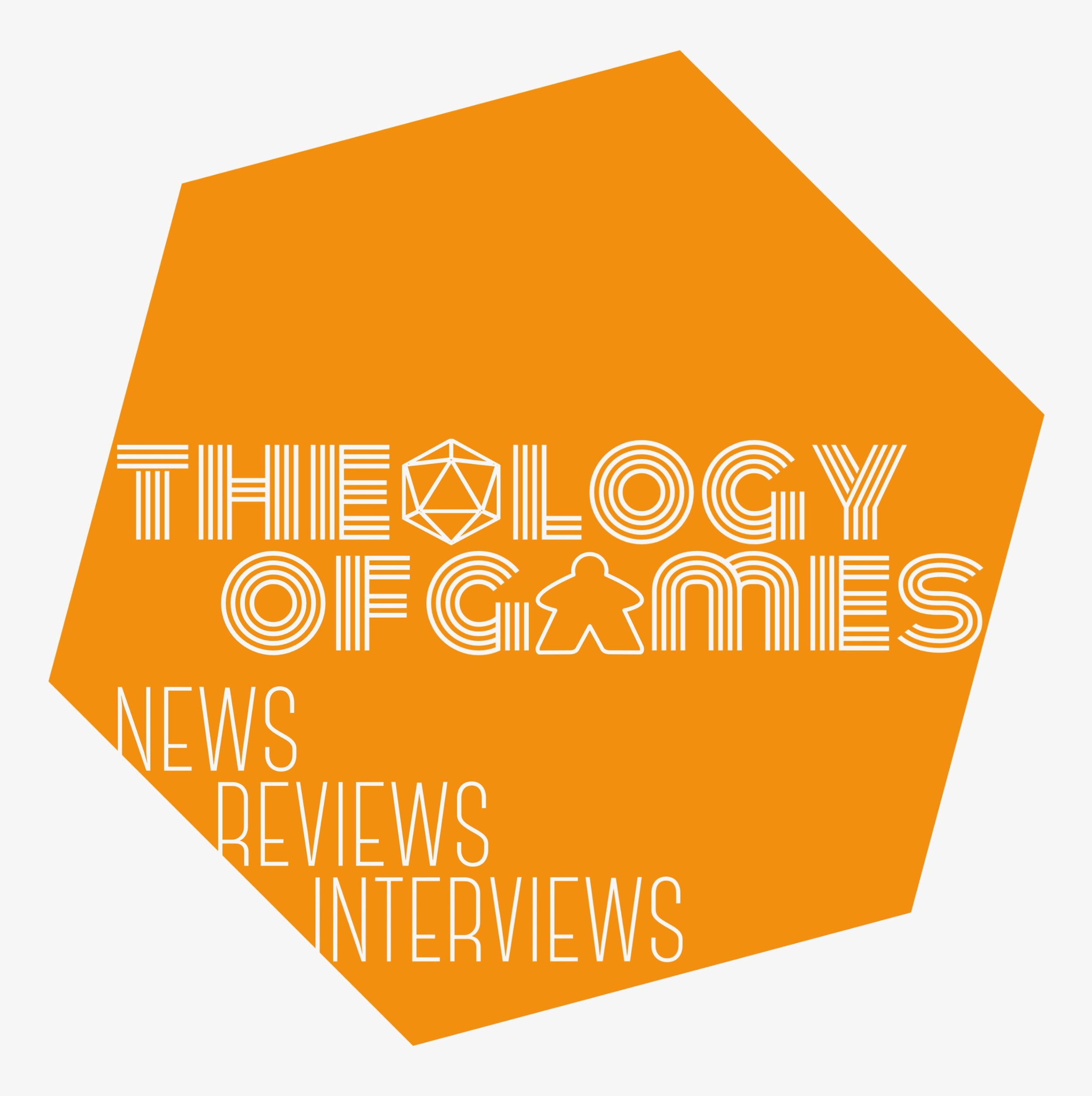We'll Always Have Paris--A Spoiler-Free Review of Pandemic: Legacy
/Today I (Firestone) review Pandemic: Legacy--in as spoiler-free a way as possible. I'll still talk broadly about the game--otherwise I'll have nothing to write about. Believe me. I get the appeal of sitting down with your game group, opening the game, and finding out everything with a clean slate. If that's what you want, then don't read this review. But if you're okay reading some spoiler-free broad strokes about the game, then let's suit up and head into the Hot Zone.
The Components
Just kidding. I'm not telling you nothin'!
The Gameplay
Pandemic: Legacy comes in two versions: one with a blue box cover and one with a red box cover. This is so you can buy two copies and play with two different groups without mixing up the copies. Or it's a shrewd way to get obsessive suckers to buy two copies of the game. I have no idea if there are other differences between the two versions.
It supports 2 to 4 players, but I really feel that this should be played with 4--mostly because you'll want as many of the characters as possible. But also because it just seems "right" to have a full team of people. If most of your gaming is done with a spouse, invite another couple over! You'll create memories!
I've known groups to play Legacy games with a rotating group of players, but if you can, I strongly encourage you to get a group of 4 people who can commit to playing every game together. You're crafting a unique story, and that story will be even more powerful if you play the whole campaign with the same 4 people.
Pandemic: Legacy plays very much like Pandemic: Actions. Epidemics. Infect Cities. Etc. But with each game things change and new rules come into play.
The game takes place over 12 months, and includes various Objectives you have to complete in order to win. You lose in the same ways you do in the regular game: too many Outbreaks, running out of cubes to place down, etc.--along with potential new ways as you introduce new rules.
If you win the game in a given month, you move on to the next month. If you lose in a given month, you play that month again. Whether you win or lose that second chance at the month, you move on to the next one. So you'll be playing Pandemic: Legacy for at least 12 games and for as many as 24.
The heart of the game is the Legacy deck. It's a special deck of cards that drives the changes in the game. You go through the cards in the exact order they come--in fact, if you drop the cards and they get out of order, you need to ask someone else to put them in the correct order using the small numbers on each card.
Most of the cards have a big Stop sign on them, and they'll say "Read the back of this card when [x] happens." The card often tells you to open certain "windows" on dossier sheets, and under those windows are new cards, or new rules stickers. The rulebook has numerous holes in it, and you place those stickers in specified holes, and now that rule is part of the game. Or the card might instruct you to open one of the eight boxes that come in the game. These boxes have all-new components that change the game in major new ways. There are also new characters in the Legacy deck.
And you become attached to your characters. You give the characters names. You can upgrade them. You can craft relationships with other characters that give you bonuses.
And characters can die. And it hurts. It's like when an RPG character dies, because you feel invested. But in Pandemic: Legacy you also feel the crushing loss of that person's abilities, and that's demoralizing and scary. And that's what's so great about the game.
There are balancing mechanisms. If you lose a game, you gain governmental funding, so you can add Event cards to the player deck. If you win a game, the government gets it in their bureaucratic noggins that you have it all under control, and they pull funding, so the Events go away. It's brilliant.
One great thing is that you get to choose the Event cards, and the upgrades, and the characters you play with, and the relationships they have. And you do that with only partial knowledge, because you know what's happening but you have NO IDEA what's coming. So you'll tell yourself that you should probably concentrate on this aspect, because you get the feeling it will be important down the line. But then, in this very game you're playing, you feel that you have to concentrate on this other aspect because that will help you win this month. And keep terrible things from happening all over the board--because you carry changes over from month to month.
So you head off in this direction in an effort to try and win this game, but you find yourself looking over your shoulder at the aspect you're ignoring, wondering when and if it will explode.
It's harrowing. And wonderful.
The Verdict
Pandemic: Legacy is definitely in the running for my Game of the Year. I've played seven games, and I can't wait to play again. We really feel like a team. We really feel the pressure of saving the world from these diseases. And I really want to find out what the game's going to throw at us next!
For example, one box reads "Open when you lose four games in a row." I hope I never have to find out what's in that box, but at the same time I really want to know what's in that box!
Our characters were getting stronger, brimming with upgrades and relationships, and I kept waiting for the game to punch us in the throats. AND THEN IT DID! And that was only five games in.
I've never played Risk: Legacy, so I can't compare the two games. I have a copy of it, waiting on my shelves for my boys to get into high school.
If you like Pandemic, you already have this game, so why are you even reading this review?
If you don't like Pandemic, you probably won't like this game--depending on what it was about Pandemic that you didn't like.
But if you're unsure, I can only say this. Pandemic: Legacy constantly surprises me, and when you marry a great core game to surprising gameplay, you get something that's nearly perfect.
I have no complaints about this game. Sure, it's just as prone to Alpha Player problems as regular Pandemic. So don't let someone Alpha Player it.
Okay, maybe one complaint, but it's not the game's fault: There's no reason to play this game more than once. The surprises are a big part of the experience, and once you've played, there are no surprises. Because even though your game and my game will look different in the details, thanks to the Legacy deck we're playing the same game. So there's a twinge of disappointment in me that, when I buy a copy and play with my wife and sons in seven years, I'll know what's coming and what will be important to focus on. And I'll have to pretend I don't so that I don't drive the narrative. But as I said, that's not the game's fault.
Firestone's Final Verdict--Pandemic: Legacy is fun, surprising, tension-filled, and manages to create a meta game where you're making decisions for both the short term and the long term. There's something powerful about starting a game nervously eyeing a region of the board and wondering what in the heck you're going to do about it now that things are terrible there. I can't wait for my next chance to find out.
Buy this game. Build your story.














